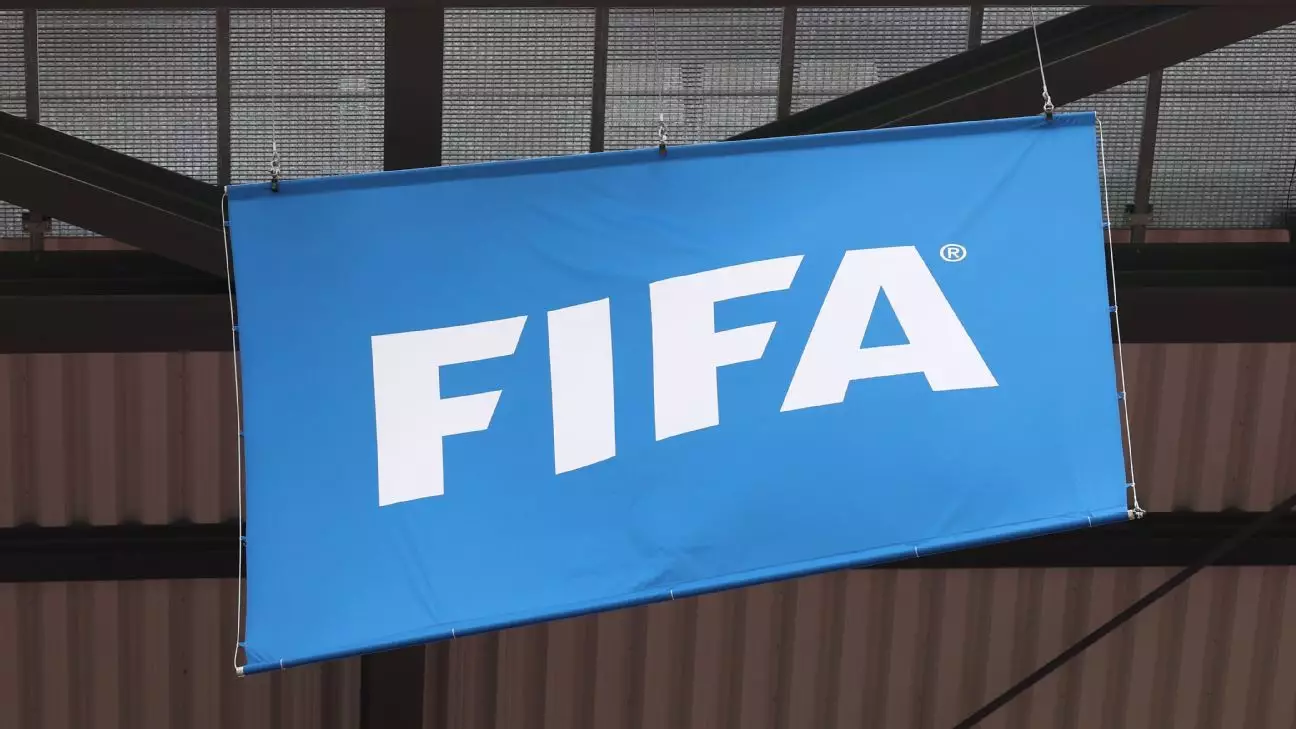In a significant move poised to challenge the governance of soccer, European Leagues, the FIFPRO players’ union, and Spain’s LaLiga have announced their intention to file a complaint with the European Union (EU) against FIFA regarding the increasingly congested soccer calendar. With elite clubs increasingly vocal about the adverse effects of this scheduling expansion, concerns are being raised about the wellness and longevity of players’ careers. While hefty salaries might paint a picture of luxury, many athletes are grappling with the immense physical and psychological pressures that come with frequent matches and training sessions.
The decision to pursue legal action highlights a growing dissatisfaction among various stakeholders within European football. The collective maneuvering of these organizations signals a need for a thorough reassessment of how the sport is managed at the highest levels. This reflects not only a reaction to FIFA’s policies but also a proactive step towards ensuring a sustainable future for all those involved.
The formal complaint adds to a long history of friction between governing bodies and individual players or organizations seeking equitable treatment in a sport that has increasingly been dictated by profit and commercial interests. Recent legal precedents, such as the ruling from Europe’s top court deeming FIFA’s regulations around player transfers to be incompatible with EU law, indicate a potential shift in power dynamics. This development could embolden leagues and players alike to challenge regulatory monopolies that have historically dominated the landscape of international soccer.
Athletes, particularly at elite levels, have begun to recognize the importance of supporting their rights through official channels. The increasing number of complaints directed towards EU antitrust enforcers signifies that players are no longer willing to accept decisions that prioritize financial gain over their health and career sustainability. The current climate suggests a pivotal moment for soccer governance, raising questions not only about FIFA’s authority but also about the long-term implications for player welfare.
FIFA has defended its scheduling decisions, claiming that the international match calendar was formulated through broad consultation and was approved unanimously by relevant stakeholders. This assertion raises further questions about the efficacy of the consultation process and whether the voices of players and clubs were genuinely heard. While FIFA’s response aims to reaffirm its legitimacy, it inadvertently highlights the disconnect between governing bodies and the very individuals affected by their decisions.
The implications of this dispute extend far beyond the immediate parties involved. If the EU ultimately finds merit in the claims made by European Leagues, FIFPRO, and LaLiga, it could lead to significant restructuring in how soccer is managed on an international level. Potential reforms may encourage a more equitable distribution of power among governing bodies, leagues, clubs, and players—a long overdue evolution in the industry’s standards.
As the soccer calendar continues to expand and evolve, the legal actions contemplated by these organizations represent a critical juncture in the ongoing struggle for balance and fairness within the sport. Should they succeed in their initiatives, it could catalyze a reevaluation of the priorities placed upon athletes and arguably pave the way for a healthier, more equitable soccer environment.

